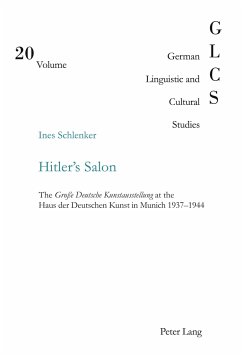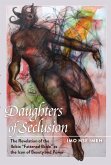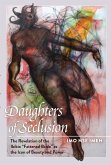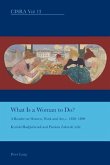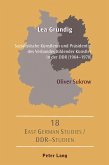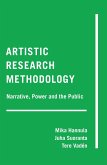From 1937 to 1944 the National Socialist regime organized a series of high-profile art exhibitions at the purpose-built Haus der Deutschen Kunst in Munich. Boasting huge numbers of participants and visitors and high sales figures, the Große Deutsche Kunstausstellung became the most important showcase of National Socialist art. Adolf Hitler played a crucial role in determining all aspects of the exhibition, most notably the selection of artworks. His vast purchases from the Große Deutsche Kunstausstellung contributed to the inflation in the market for contemporary art and led to the establishment of a group of favoured painters and sculptors which can be compared to the court artists of early modern times.
This book traces the history of the Große Deutsche Kunstausstellung , characterizes the artists and artworks shown and investigates how the local Munich tradition of displaying art was reinvented for national purposes. It examines the social policies for artists in the Third Reich, highlights Hitler's role as a patron for the exhibition and points out some of the contradictions and inconsistencies in National Socialist art policies.
This book traces the history of the Große Deutsche Kunstausstellung , characterizes the artists and artworks shown and investigates how the local Munich tradition of displaying art was reinvented for national purposes. It examines the social policies for artists in the Third Reich, highlights Hitler's role as a patron for the exhibition and points out some of the contradictions and inconsistencies in National Socialist art policies.

